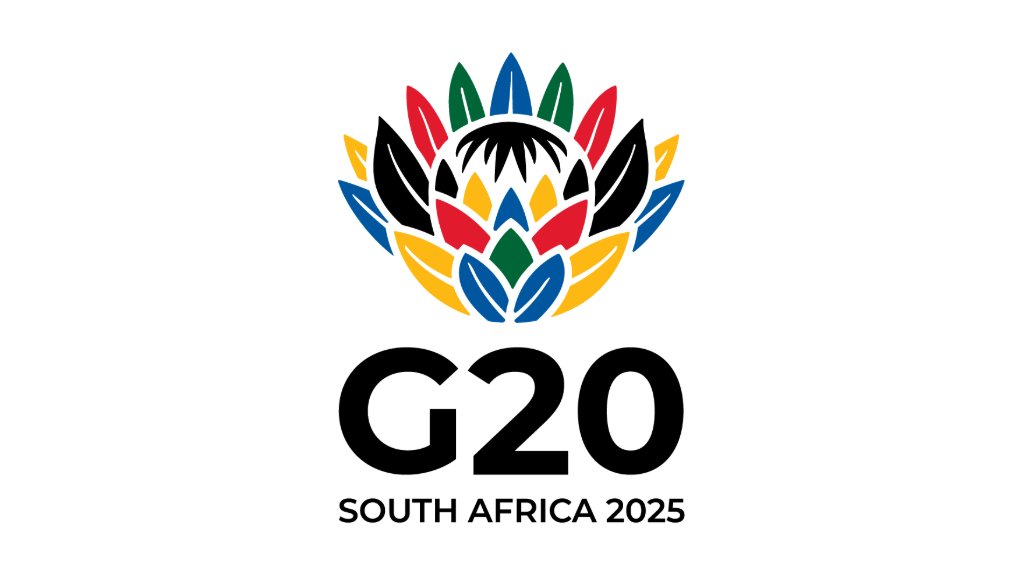G20 leaders seal landmark declaration in Johannesburg
A rare show of unity among world leaders in Johannesburg has set the stage for what could become one of the most consequential shifts in global cooperation in years.

World leaders gathered in Johannesburg have endorsed a landmark declaration under the 2025 G20 presidency of Cyril Ramaphosa, the first time the summit was held on African soil. The agreement, adopted at the very start of the meeting rather than at its usual conclusion, reflects a sharp pivot toward issues facing the developing world, which include climate resilience, debt relief, global inequality, inclusive development, and sustainable energy.
The 122-point statement, built around the summit’s motto ‘Solidarity, Equality, Sustainability,’ calls for increased international cooperation to ensure that ‘no one is left behind.’ It places strong emphasis on supporting low-income and middle-income countries battered by climate disasters, championing debt restructuring, reforming global financial systems, and scaling up investment in clean energy and critical mineral value chains, a priority especially for resource-rich regions in Africa and the Global South.
Support was also voiced for a more inclusive global governance architecture. The declaration calls for reforms to international financial institutions, enhanced representation for emerging economies, and more equitable global supply chains. It underlines that sustainable growth and prosperity cannot come without greater economic equality, technology transfer, and fairer development partnerships.
Addressing geopolitically sensitive issues, the summit called for just, lasting peace in several conflict zones, including Ukraine, Sudan, the Democratic Republic of the Congo, and the Palestinian territory, highlighting a collective interest in global stability.
The decision to adopt the declaration immediately was a bold diplomatic move. The president of South Africa, Cyril Ramaphosa, speaking in his opening address, said the G20 ‘has a responsibility not to allow the integrity and credibility of the G20 to be undermined,’ stressing that ‘multilateralism can and does deliver concrete results.’
Presidential spokesperson Vincent Magwenya announced the agreement had been reached by consensus among attending nations, framing the document as a ‘revolutionary’ step for Africa and the Global South.
The adoption of the declaration occurred despite a boycott by the United States, which declined to participate in the summit due to diplomatic tensions with the host country.
Observers note that the show of unity among nearly all other G20 members signals rising frustration with unilateralism and a willingness to reassert multilateral cooperation, especially on issues where developing countries have long been sidelined.
Whether the commitments enshrined in the Johannesburg Declaration will translate into concrete action remains uncertain. Still, by elevating the concerns of poorer and climate-vulnerable nations onto the global agenda, this summit may mark a turning point for the G20’s role in shaping a fairer, more sustainable world order.
Would you like to learn more about AI, tech and digital diplomacy? If so, ask our Diplo chatbot!
